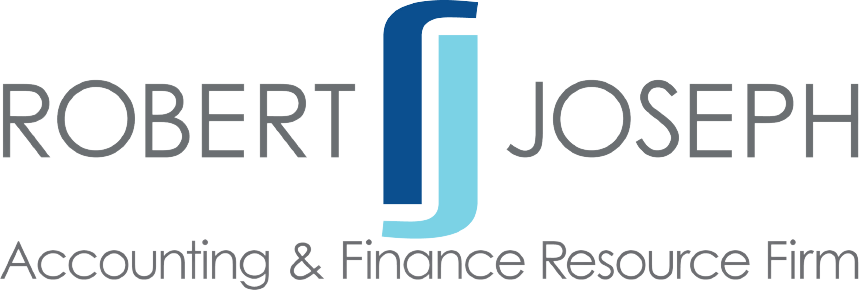Employee Protection: Federal Laws Employers Need to Follow
More than 10 million businesses in the United States employ over 150 million laborers. Due to this, 180+ federal laws, governed by the U.S. Department of Labor (DOL) and the Equal Employment Opportunity Commission (EEOC), protect U.S. workers.
These laws C They regulate the following aspects of an employee’s office life –
- Hiring practices.
- Privacy during the application process.
- Work hours.
- Salaries.
- Employee benefits.
- Paid time off.
- Protection from discrimination and harassment.
While some federal and state laws are industry specific, most are overarching. Here are a few you need to know about.
Fair Labor Standards Act
The Fair Labor Standards Act (FLSA), enforced by the DOL, establishes the basic structure of employee protection. It mandates a federal minimum wage and defines full-time work, on-call time, and breaks. Additionally, the FLSA delineates the rules for overtime and comp time. These factors have a significant impact on payroll and record keeping. The FLSA also enforces child labor laws.
Family and Medical Leave Act
The Family and Medical Leave Act (FMLA) grants employees a 12-week, unpaid, job-protected leave of absence in the case of a family medical need. Often used by women as maternity leave, it also applies to the following scenarios –
- Adoption.
- Foster care placement.
- Personal, serious health condition.
- Care for an ailing spouse, parent, or child.
- Family care due to the military deployment of a spouse, parent, or child.
FMLA applies only to employers with a payroll of 50 or more local employees. And the employee should have worked for you at least 1,250 hours over 12 months to qualify.
Occupational Safety and Health Act
The Occupational Safety and Health Act, well-known as OSHA, an arm of the DOL, regulates workplace safety and health conditions in the private sector. Employees are entitled to a hazard-free workplace. Employers must follow OSHA standards tailored to their industry. Furthermore, they must inform their employees of those safety standards, outlining the employee’s right to request training in preparation for OSHA inspections.
Civil Rights Act of 1964
Title VII of the Civil Rights Act of 1964 protects employees from discrimination in the workplace. This law protects individuals during the hiring process and employment regarding these factors –
- Race.
- Age.
- Disability.
- Skin color.
- Religion.
- Sex.
- National origin.
Equal Pay Act
Enforced by the EEOC, the Equal Pay Act mandates equal pay, regardless of gender. Employees performing equal work and bearing equal responsibilities must receive equal pay.
However, it is true that certifications, prior experience, and seniority all factor into determining salary. You can uphold internal equity by practicing transparency, running internal audits, and observing what other companies pay for similar positions.
Every state also enforces employee protection laws. In most cases, state law trumps federal law. Therefore, knowing and maintaining your state’s employment laws is crucial.
At the Robert Joseph Group, we believe in the mutual safety and benefit of all our candidates and clients. This concern includes matching the right candidate to the best work opportunity. So whether you are running a successful accounting and finance firm or growing your internal team, call us today. We’ll help you find the talent you need.
